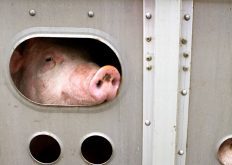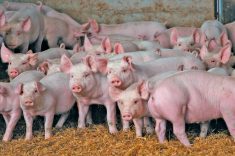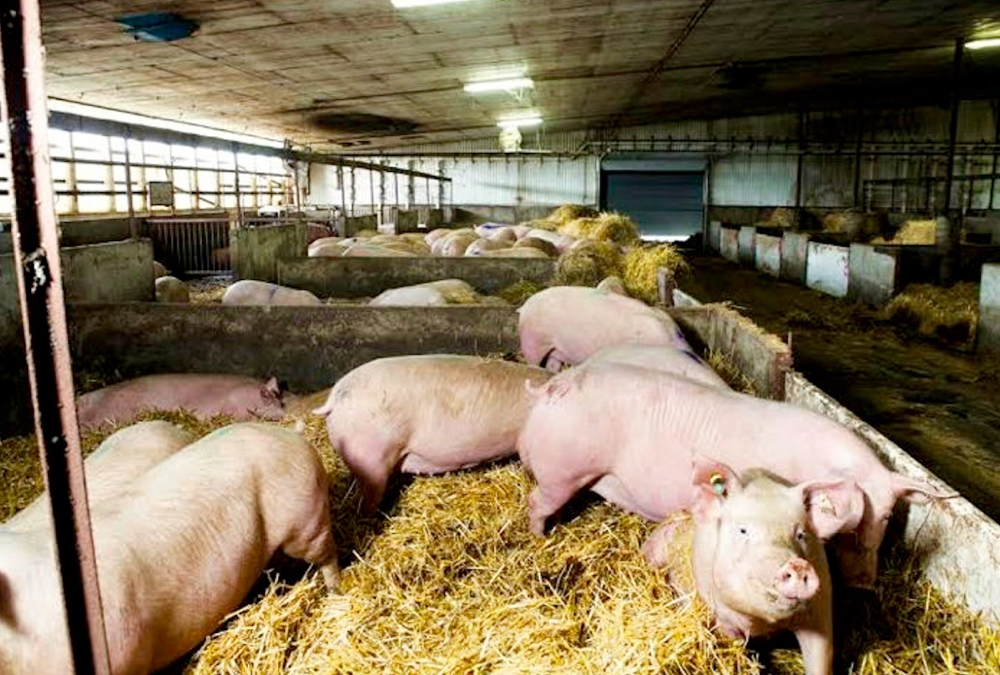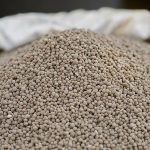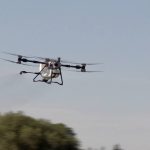In response to the Nov. 2 article,“The Catch-22 on animal activism.”:
Cam Dahl, general manager of Manitoba Pork, voices concern about the threat of disease outbreaks to the Manitoba hog industry. He tells readers that legislation like the now-law Bill 62 is a necessary step for those who trespass onto farm operations.
However, he does not tell us how often trespassing has been committed on factory farms, nor how often speculative intrusions culminated to infect the pigs with disease.
Read Also

Horse live export ban on back burner
Animal welfare groups still hope Canada’s Parliament will ban the export of live horses for slaughter, a topic back in the news due to a recent court case in Manitoba.
Diseases, for instance swine flu, H1N1, SARS, and the PED virus, have affected Manitoba pigs during the past two decades. Therefore, I suggest that his expressions are based on conjecture, rather than any proven facts.
Perhaps we should compare the number of times that trespassing has been committed from a factory farm with the number of odour complaints from neighbours, which could be construed as evidence of “trespass” owing to the particulates causing the odour.
As a rural resident in Manitoba, I did appreciate some of trespassing legislation, which has been a long time coming. However, it doesn’t fully explain why biosecurity is suddenly so critical, especially when factory hog barn establishments have been operating in Manitoba for 25 years.
Yes, bringing disease issues onto properties might be a concern if it wasn’t for the fact that hog barns and the huge lagoons of feces are perfect mediums for diseases to proliferate within the premises.
Factory-style hog barns that are dominating the hog industry are a far cry from the family farms that many of the public still envision. The pigs are never outside, but are constantly confined in large facilities with slatted floors, through which their urine and feces fall to the pits below.
The toxic fumes, ammonia and hydrogen sulfide emanating from the pits will suffocate the animals if the ventilation systems fail.
The imminent danger of ag-gag legislation having passed in this province means these Manitoba pigs will have no one advocating for their welfare. There will be no way for Canadian consumers and export customers to know of the inhumane conditions these pigs endure. Instead, the general public will be at the mercy of the industry’s secretive treatment of farm animals.
Nature did not intend for animals to live by the thousands, crammed together inside buildings, raised on pharmaceutical products and with no access to the outdoors for grass, sunlight or the clean, healthy scent of fresh air. The industrial production of farm animals is a grim saga of pollution, health risks and animal misery.
The raising of animals in such a manner is toxic to the planet and also to humans. Provincial officials who claim they learned from SARS (2002-04) obviously missed some of the most important details. COVID-19, like SARS, is a zoonotic disease. It originates from animals such as hogs.
Do ethics matter? In this dismal fashion of raising animals, apparently not. Animal stewardship is completely ignored. Intensive livestock animal care is running on empty in Manitoba.
John Fefchak
Virden, Man.






